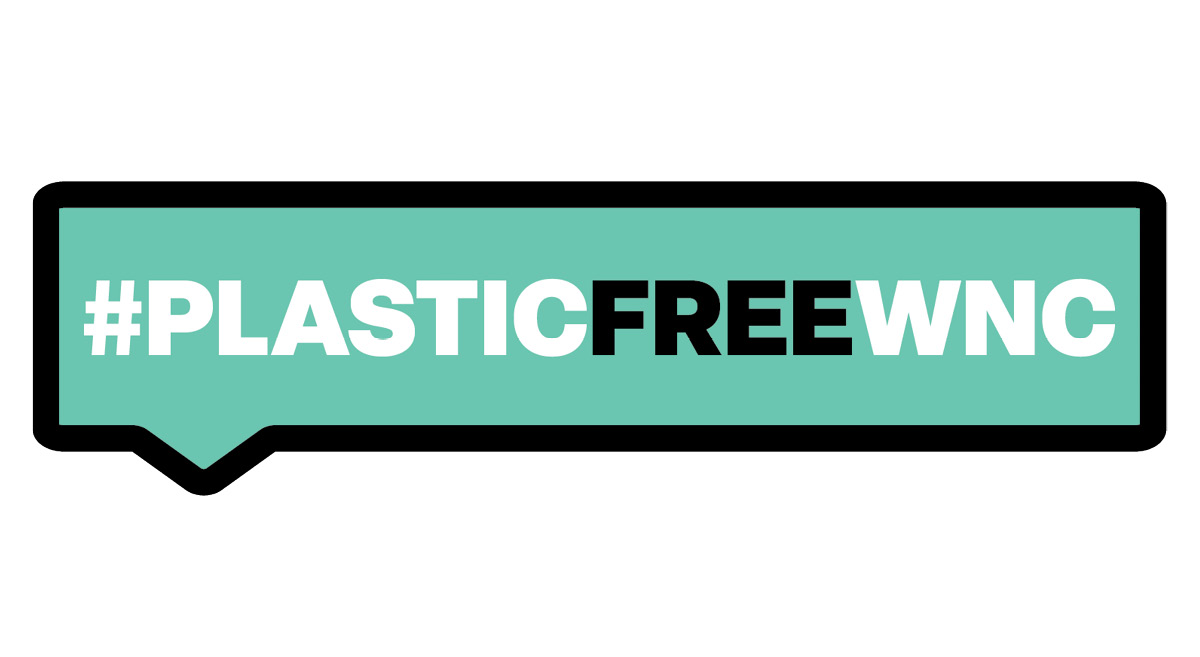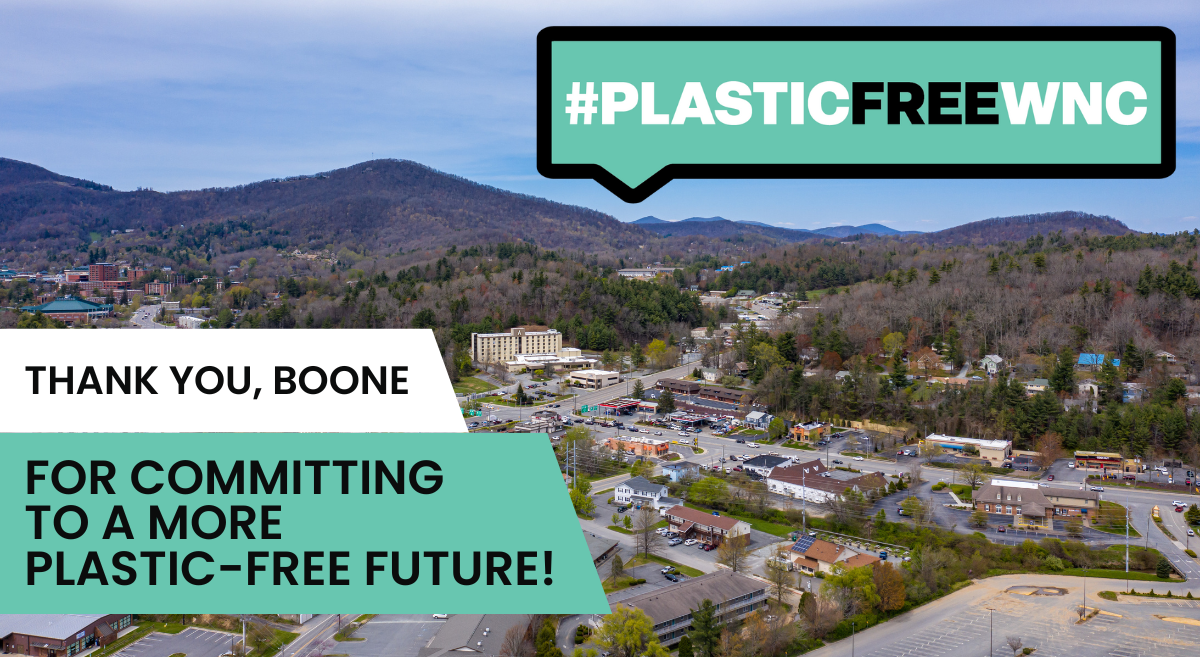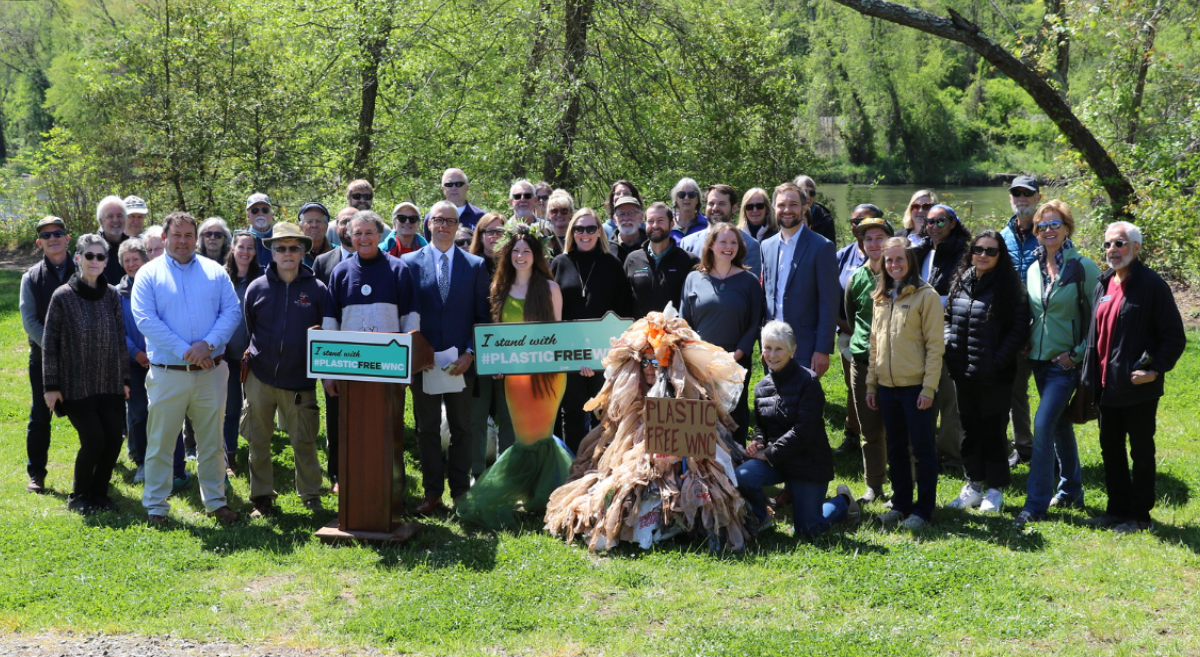Asheville Office
Our headquarters and Central Regional Office is located in Asheville and serves Buncombe, Madison, McDowell, Mitchell, and Yancey counties in addition to serving all 23 counties in our organization’s footprint.
MountainTrue Asheville Office
29 N. Market Street, Suite 610
Asheville, NC 28801
Phone: (828) 258-8737



The Asheville Office serves the Western North Carolina community with the following key programs:
MountainTrue News

MT Raleigh Report: MountainTrue Advocates for Environmental Progress Amid North Carolina’s 2024 Legislative Session
This week marks the beginning of the 2024 session of the North Carolina General Assembly. With elections looming in the fall, many lawmakers would like to see the legislature get in and out of session as quickly as possible and avoid taking up controversial issues...

Press Release: 82% of North Carolina voters support state action to reduce single-use plastics
82% of North Carolina voters support state action to reduce single-use plastics RALEIGH, NC — In a new statewide poll of North Carolina voters, a significant majority expressed concern about the health impacts of plastics and said state lawmakers should take action to...

Help Us Thank the Boone Town Council for Taking Action Against Plastic Pollution
The Earth Day celebration continues: we have exciting news to share! The Town of Boone has passed a groundbreaking proclamation committing to eliminating single-use plastics and styrofoam from all municipal operations by the end of 2025. This bold move sets a...

Taking Action Against Plastic Pollution on Earth Day
Pictured: Local elected officials, MountainTrue staff, and community advocates pose with the French Broad Mermaid and the Plastic Bag Monster after the April 22 press conference in Woodfin, NC. Photo by Paul King. On Earth Day, April 22, a coalition of local...
Press Release: MountainTrue Announces Kid’s Merchandise Design Contest in Celebration of Earth Day 2024
For immediate release: April 22, 2024 Western North Carolina – MountainTrue is thrilled to announce its first-ever Kid's Merchandise Design Contest, inviting budding artists aged 10-14 to showcase their creativity and love for the mountains. With the aim of...
Press Release: Asheville Celebrates the Eighth Anniversary of Michael Franti’s Support for the French Broad River with a Special Two-Night Music Event
For immediate release: April 16, 2024 Asheville, NC – This June, Asheville’s cherished summer tradition returns to the scenic banks of the French Broad River for its eighth year. Music icon Michael Franti, renowned for his global performances and deep...
